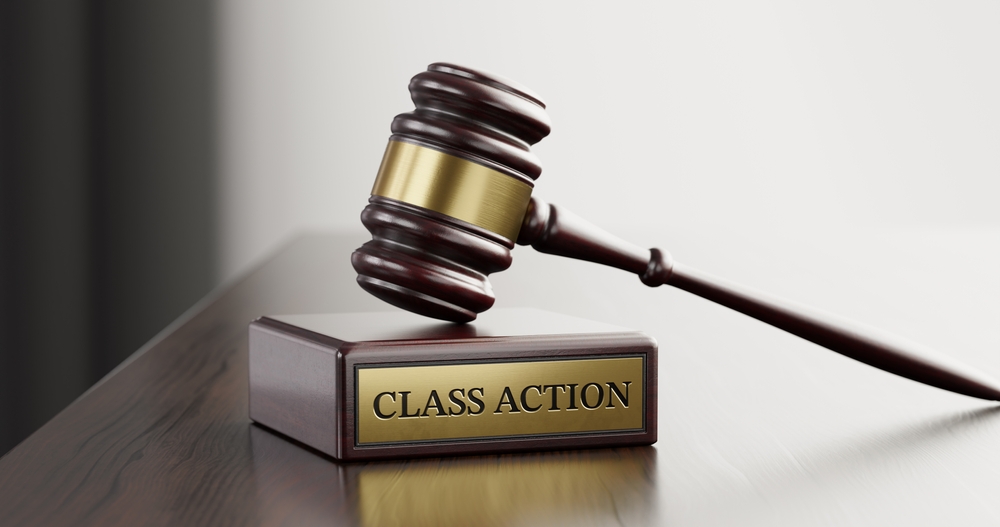Class Action Lawsuits: What BC Residents Need To Know
In British Columbia, class action lawsuits are a powerful legal mechanism that helps multiple individuals seek justice when they share similar grievances against the same defendant(s). These proceedings allow groups of people to band together and challenge large corporations or government entities that would otherwise be difficult to confront individually. Let’s break down the basics of how class action lawsuits operate in Canada.
What is a Class Action Lawsuit?
A class action lawsuit groups several people with common claims together against the same defendant(s). Rather than filing separate individual lawsuits, one person acts as a representative plaintiff and commences proceedings on behalf of themselves and all others who fall within a defined class. This type of proceeding is particularly effective when a single wrongful act by a company, manufacturer, or large entity affects many people similarly.
How Do Class Action Lawsuits Work?
In British Columbia, class action lawsuits are governed by the Class Proceedings Act. Here’s a brief overview of how this process works:
- A claim is filed: Much like regular lawsuits, legal action begins once a Notice of Claim is filed. In the case of a class action, this claim is filed by one individual on behalf of several other plaintiffs who have similar claims.
- The case is certified: To proceed as a class action, the court must certify the case. Section 4 of the Class Proceedings Act states that the claim must be certified if it discloses a cause of action, includes an identifiable class of 2 people or more, the claims of the class members raise common issues, a class proceeding would be the preferable procedure, and there is a representative plaintiff who can adequately represent the class.
- Notice is given: Once the claim is certified, all members of the class action lawsuit are notified, and class action members can opt out (meaning, they can choose not to be involved in the class action if they do not wish to be).
- The case proceeds: At this point, the class action will proceed through discovery (exchange of information and documents) and trial (if applicable).
- A conclusion is reached: In the event of a settlement, the settlement must be approved by the court as fair, reasonable, and in the best interest of the class. If the case does not settle before trial, then a common issues trial will be held.
What’s the Difference Between a Class Action Lawsuit and an Individual Lawsuit?
There are some fundamental differences between a class action and an individual lawsuit, including:
- Number of plaintiffs: Class action lawsuits must include multiple plaintiffs, while traditional ones typically only feature one.
- Filing process: While normal lawsuits can simply be filed in court to proceed, class actions must be certified in order to proceed, as explained above.
- Disbursements: Since regular civil suits only have one plaintiff, that single individual is responsible for all relevant disbursements (money paid to advance the lawsuit). With class actions, class counsel typically cover the cost of disbursements as the case proceeds, insulating the class members and representative plaintiff from any personal liability for the expenses incurred.
- Fees: Unlike typical individual lawsuits, class counsel can only charge legal fees to the class if approved by court.
- Settlement: Lawsuits can be settled outside of court, whereas the court must approve a class action settlement.
Notable Class Action Proceedings at RHE Law
As experienced trial lawyers, Rice Harbut Elliott LLP, also known as RHE Law, is currently acting on several large class action lawsuits, including:
- JUUL E-Cigarettes: A claim for all Canadian residents who purchased JUUL brand e-cigarettes without being properly advised of the risks of using the product.
- Allergan Breast Implants: This class action seeks compensation for individuals who had breast implant surgery with Allergan implants without full disclosure of the risks.
- Philips CPAP: A class action involving certain Philips sleep and respiratory devices that contain sound abatement foam which may break down and release toxic particles or gases. The claim seeks compensation for users who were not properly warned of the health risks.
Read more on our website for a detailed breakdown of RHE’s current and proposed class action lawsuits.
Call Rice Harbut Elliott LLP Today
Looking for experienced class action lawyers in the BC area? At RHE Law, our lawyers have decades of collective experience advocating for plaintiffs to receive the compensation they are entitled to. We’ve helped victims across Canada in lawsuits in many fields, including:
- Motor vehicle accidents
- Slip and fall injuries
- Medical and dental malpractice
- Wrongful insurance denials
- Class action lawsuits for defective and dangerous products
Don’t delay–call our office today to schedule your free and confidential legal consultation.
